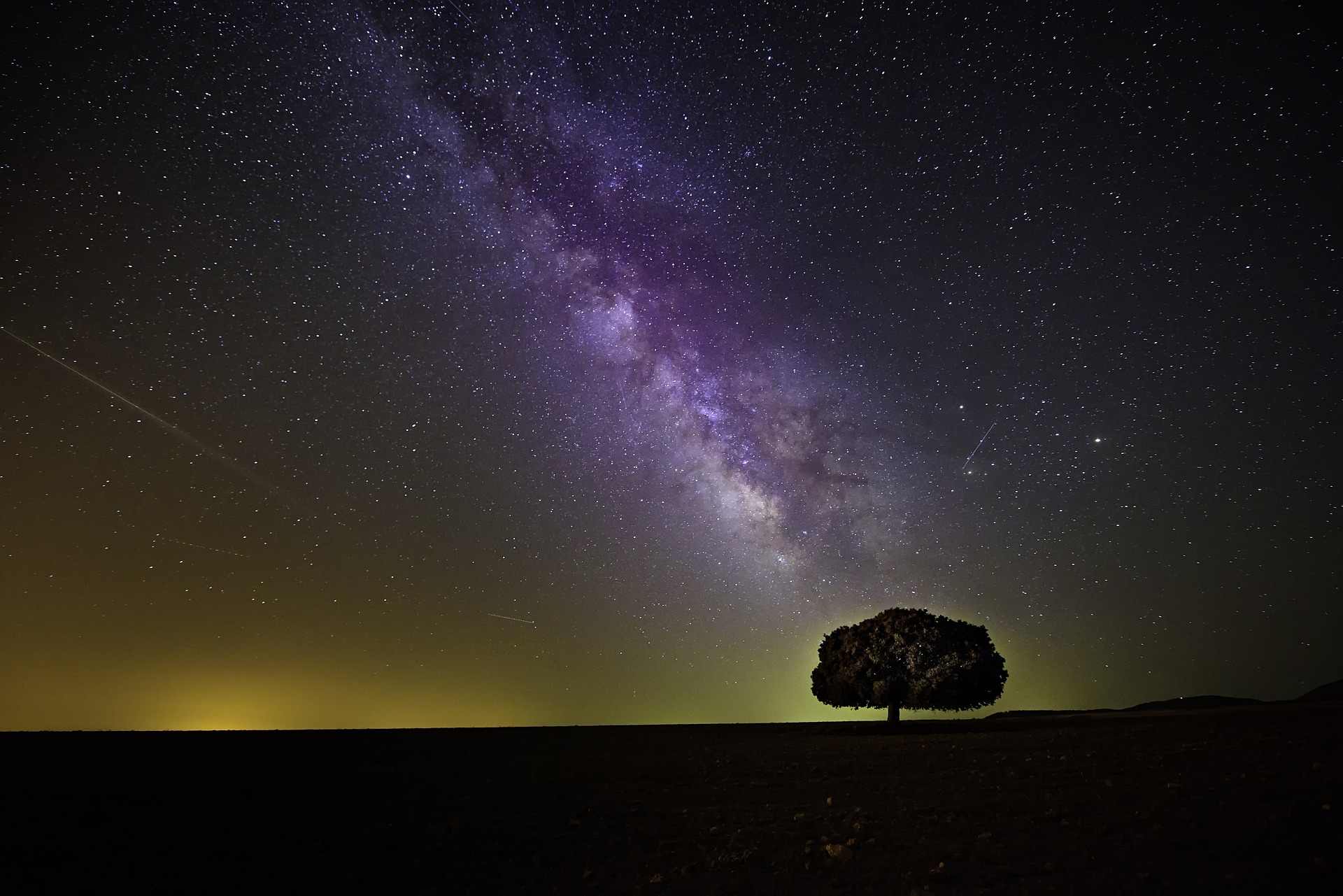Humanity’s place in the grand cosmos – 2

Humanity has always been fascinated by the cosmos, and the universe’s vastness has left us wondering about our place within it. As we continue to explore space and learn more about the universe, our understanding of humanity’s place in the grand cosmos is growing. In this article, we will delve into this fascinating topic and explore the significance of humanity’s place in the cosmos, how we fit into the larger picture, and what our future may hold.
The Scale of the Universe
[adinserter block=”1″]
Before we can begin to explore humanity’s place in the grand cosmos, we must first understand the vastness of the universe. The universe is estimated to be around 93 billion light-years across, with billions of galaxies, each containing billions of stars. It is difficult to comprehend the enormity of the cosmos, and even more challenging to understand our place within it.
Our Place in the Cosmos
Despite our small size in the grand scheme of things, humans have been able to map the universe and gain a better understanding of our place within it. Our planet Earth is a tiny speck in the vastness of space, and our solar system is just one small part of the Milky Way galaxy. However, our galaxy is just one of billions in the observable universe, and it is a mere fraction of the universe as a whole.
Despite the challenges of mapping the universe, astronomers have made great strides in understanding the cosmic web of galaxies and the intricate connections between them. These connections provide insights into the history and evolution of the universe, and the role that humanity has played in it.
The Search for Extraterrestrial Life
The possibility of life beyond Earth is one of the most exciting prospects of space exploration. Humans have always wondered if we are alone in the universe, and the discovery of life elsewhere could revolutionize our understanding of the cosmos.
Scientists have been searching for signs of extraterrestrial life for decades, with some promising results. The discovery of water on Mars and the recent detection of phosphine in the atmosphere of Venus suggest that the conditions for life may exist beyond Earth. The search for extraterrestrial intelligence (SETI) continues, with scientists listening for signals from other civilizations that may exist in the universe.
If life is found beyond Earth, it will have profound implications for humanity and our understanding of our place in the cosmos. It may also bring up ethical questions about how we should interact with other intelligent civilizations, if they exist.
The Future of Humanity in the Cosmos
As humans continue to explore space, we must also consider the challenges and opportunities that come with space exploration and colonization. While we have made great strides in our understanding of the universe, we still have a long way to go before we can fully explore and understand it.
One of the biggest challenges facing human expansion into space is the technological limitations of space travel. The distance between planets and stars is vast, and traveling these distances requires breakthroughs in propulsion technology and power systems. The health risks to astronauts, such as radiation exposure and the effects of zero gravity on the human body, must also be addressed.
Despite these challenges, humans have made significant progress in space exploration and are actively working towards colonizing other planets. Private companies such as SpaceX and Blue Origin are leading the charge, with ambitious plans to colonize Mars and establish a permanent human presence in space.
The Intersection of Science and Philosophy
The search for our place in the grand cosmos is not only a scientific endeavor but also a philosophical one. Space exploration raises important questions about our place in the universe, the nature of our existence, and our purpose in the cosmos.
The philosophical implications of space exploration are wide-ranging, from questions about the nature of consciousness and free will to the ethical considerations of space colonization. These questions are essential to consider as we continue to expand our understanding of the cosmos and explore our place within it
Leave a Reply